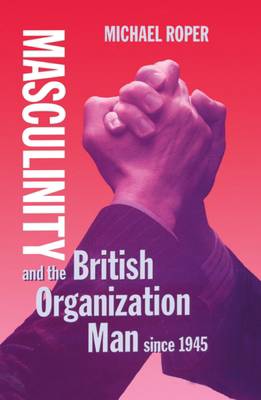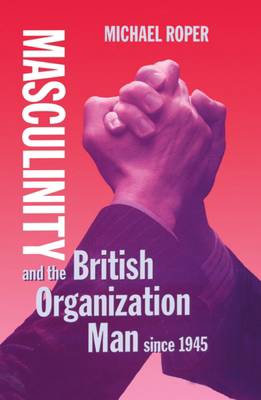
- Afhalen na 1 uur in een winkel met voorraad
- Gratis thuislevering in België vanaf € 30
- Ruim aanbod met 7 miljoen producten
- Afhalen na 1 uur in een winkel met voorraad
- Gratis thuislevering in België vanaf € 30
- Ruim aanbod met 7 miljoen producten
Zoeken
€ 151,45
+ 302 punten
Omschrijving
The post-war period is often regarded as a time when Britain underwent its managerial revolution, the family firm and the "gentleman amateur" giving way to the large bureaucracy and the trained management expert. Yet the conception of modern management as an objective process could hardly be further from the truth. Drawing on detailed life-history interviews with the post-war generation of "organization men," this study argues that despite the rise of professional management, relations between managers continue to function in highly subjective ways. An "emotional economy" flourishes among men in management, but its workings have been hidden by the myth of the rational organization man.
Specificaties
Betrokkenen
- Auteur(s):
- Uitgeverij:
Inhoud
- Aantal bladzijden:
- 272
- Taal:
- Engels
Eigenschappen
- Productcode (EAN):
- 9780198256939
- Verschijningsdatum:
- 10/03/1994
- Uitvoering:
- Hardcover
- Formaat:
- Genaaid
- Afmetingen:
- 150 mm x 228 mm
- Gewicht:
- 503 g

Alleen bij Standaard Boekhandel
+ 302 punten op je klantenkaart van Standaard Boekhandel
Beoordelingen
We publiceren alleen reviews die voldoen aan de voorwaarden voor reviews. Bekijk onze voorwaarden voor reviews.











